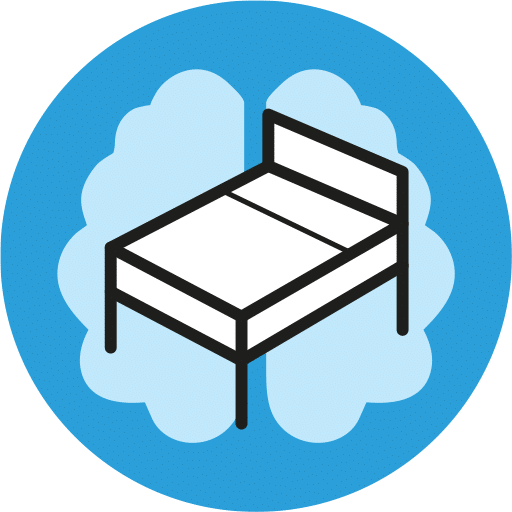The short answer is yes.
The slightly longer answer is, it is a safe form of treatment for bedwetting (clinically known as nocturnal enuresis) that works faster and better than traditional forms.
And, Dr. Aaron Bayne, MD, a pediatric urologist at Doernbecher Children’s Hospital in Portland, Oregon, recently proved this in a medical study. His patients used my video-streamed home program, Keeping the Bed Dry®, and their success was equal to that of medication and the bedwetting alarm.
And now for the much longer answer, which begins with defining the terms. Specifically, let’s define medical hypnosis.
Most of us still have outdated conceptions of what hypnosis is, primarily based on what we’ve seen on television or movies: a sleazy-looking person—probably wearing a cape—swinging a watch in front of an audience member’s eyes and telling them they’ll cluck like a chicken when they awake.
Let’s be clear: that is not what medical hypnosis is. That is more commonly known as “stage hypnosis” or “Hollywood hypnosis.”
In reality, one person cannot control another person’s thoughts through such absurd methods. The only person who can control your thoughts is you. And medical hypnosis allows you to laser-focus that control over your thoughts—and, therefore, your behavior—which is precisely why it’s so effective in treating bedwetting.
Let’s debunk a couple more common misconceptions about medical hypnosis:
Myth: My child will fall asleep and have trouble waking up.
Truth: Patients in the state of hypnosis are alert and able to communicate with others.
Myth: Only weak-minded people can be hypnotized.
Truth: Most people have the capacity to focus and learn how to do new things.
More accurate ways to understand medical hypnosis include terms like visualization, guided imagery, mental imagery, guided meditation, daydreaming with a focus, or clinical hypnosis.
I often describe it to my clients as being in a highly focused state of mind.
Have you ever daydreamed, been absorbed in a good book, or been in “the zone” while playing your sport, practicing a musical instrument, acting, or dancing? This is what my patients experience during medical hypnosis.
First, they choose the specific therapeutic goal of being dry at night. Then I help them to create an empowering experience in their minds that allows them to realize that they are able to do things that they previously were not aware that they could do.
I tell my patients, “I’m going to teach you to teach your brain to talk with your bladder so that you can be dry at night.” Patients learn about the brain-bladder biofeedback mechanism and are guided through a series of exercises to help them visualize becoming dry at night.
This visualization effectively trains the brain to tell the body what to do. As a result, patients tend to start having dry nights after only one to three visits—and most within a month of beginning the treatment. And because it’s a learned skill, like any other skill, it gets stronger, easier, and faster to implement the more you practice it.
It’s especially effective in comparison to more traditional treatment methods for nighttime bedwetting, such as medication, alarms, or even fluid restriction before bedtime. We know these methods do nothing to cure nocturnal enuresis. This means that once these types of treatment are discontinued, symptoms usually return.
A few more facts about other types of symptom treatment from The Cochrane Review, which evaluates medical research and provides unbiased opinions:
- Bedwetting alarms can take as long as 16 weeks to work, and if there is no change after 6 weeks, the alarm probably won’t work.
- Alarms reduce accidents in 2/3 of patients, but when they stop using the alarm, 50% of them start wetting the bed again.
- Alarms require a significant amount of parental involvement.
- Medications offer 1 to 2 more dry nights a week compared to placebo.
- The placebo effect can be as high as 37–59%.
- Medications require significant parental involvement.
- When medications are stopped, there is an extremely high relapse rate, approaching 100%.
And, parents often tell me that the alarms often wake up everybody in the home except the patient!
By contrast, with the home video treatment program, Keeping the Bed Dry®, patients can usually expect significant improvement after only one to three sessions because it teaches continence skills. Through the self-guided program, patients learn how to become more aware of the sensations of their bladder becoming full while they are sleeping and wake themselves before they have an accident.
What patients and their parents say they love about this treatment approach is that they actually see dramatic results quickly and without any side effects. Plus, it is so empowering! After treatment, patients say they feel increased self-esteem and self-confidence, having successfully taken control over their bodies and life challenges by using the power of their minds.
If your child is ready to start having dry nights, get the program today by visiting www.KeepingtheBedDry.com




